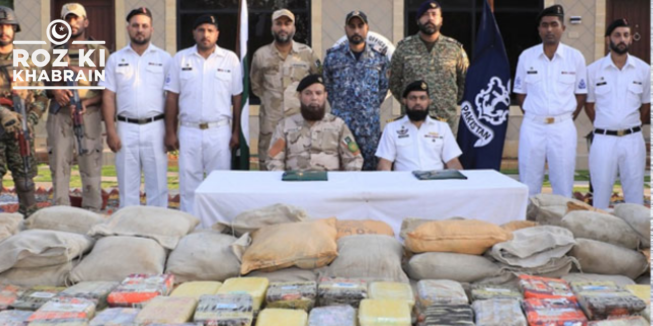ISLAMABAD: Following a recent scandal involving illegal kidney transplants at private hospitals in Islamabad, the Human Organ Transplant Authority (HOTA) has imposed a temporary suspension on all organ transplant procedures in both public and private hospitals across the city, ARY News reported.
HOTA cited non-compliance with organ transplant regulations and violations of the HOTA Act 2010 as the basis for the suspension. Letters have been sent to hospitals, notifying them of the ban, which will remain in effect until further notice. Hospitals without established evaluation committees for organ transplants have had their transplant units shut down.
Earlier, HOTA instructed federal hospitals to form evaluation committees by November 30, 2024, but many failed to adhere to the directive, leading to disciplinary action. Notices were initially sent on November 20, 2024, warning hospitals to comply with the rules, but numerous public and private facilities disregarded the instructions, prompting the authority to take action.
HOTA emphasized that hospitals failing to comply with regulations would face strict consequences, as the lack of evaluation committees raises significant ethical and legal concerns.
DRAP Cracks Down on Counterfeit Medicines
In a related development, on December 3, 2024, the Drug Regulatory Authority of Pakistan (DRAP) banned eight batches of counterfeit and substandard medicines used for diabetes and other life-saving treatments, citing quality and efficacy concerns.
The Central Drug Testing Lab in Karachi declared the following batches as substandard:
- Diabetes Tablet: Amplemet XR (Batch 39224)
- Antibiotic Injection: Esanix (Batch IA702)
- Drip Solution: Zesol Drip (Batch 2408207)
- Sterile Water for Injection: (Batch WI893)
- Bacterial Infection Medicine: Flagenis Suspension (Batch 0362)
- Anti-Allergy Syrup: Desora Syrup (Batch S23236)
- Vitamin B12 Infusions: Cyanoco Infusion (Batch 6609) and Cyanoco Super (Batch 6403).
These counterfeit drugs, manufactured in Karachi, Lahore, Faisalabad, and Haripur, were found to have unclear efficacy and posed risks to patient safety. DRAP has launched a crackdown across Punjab, Balochistan, and Khyber Pakhtunkhwa, seizing the affected batches and investigating the supply chains to eliminate these substandard products from the market.




